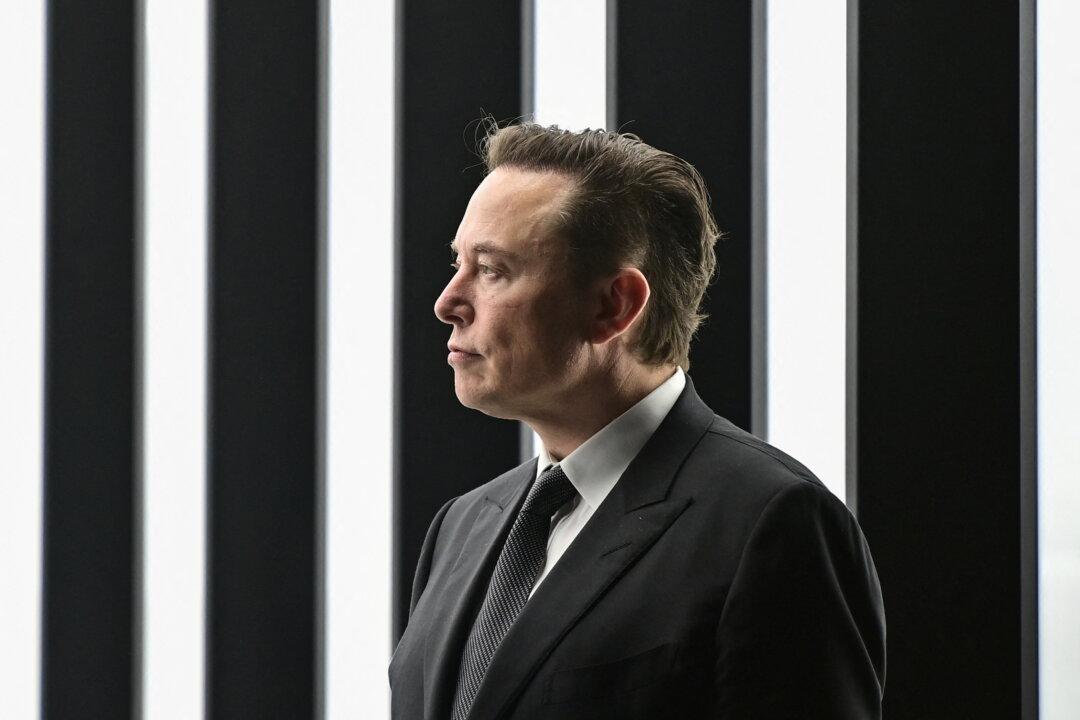Tesla CEO Elon Musk has taken a 9.2 percent stake in Twitter, according to a regulatory filing, becoming the social media giant’s biggest individual shareholder just weeks after questioning the platform’s attitude toward free speech.
Musk bought 73.5 million shares of Twitter on March 14, according to a Securities and Exchange Commission (SEC) filing released on April 4. Based on Twitter’s closing price on April 1, Musk’s stake was worth $2.89 billion.





